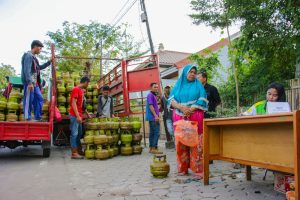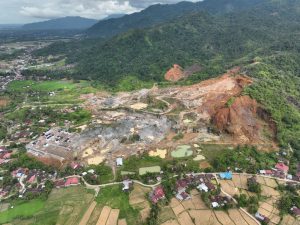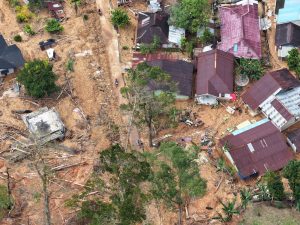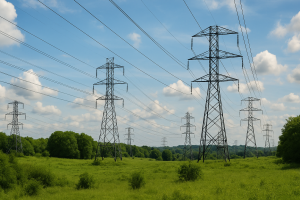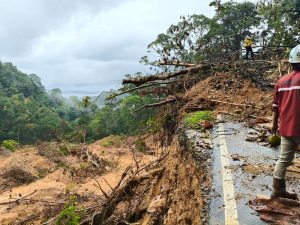Jakarta – The government’s plan to transfer Rp200 trillion in state funds from Bank Indonesia (BI) to the Association of State-Owned Banks (Himbara) has drawn sharp criticism from green economists. The Center of Economic and Law Studies (Celios) believes that this policy could backfire if the liquidity flow actually increases funding for the fossil fuel sector, rather than encouraging the transition to renewable energy.
On Friday, September 12, Celios Executive Director Bhima Yudhistira warned that the government should not simply hand over cash funds to Himbara without strict regulations. According to him, the risk of bad credit and stranded assets will be very high if coal or fossil fuel projects remain a priority for bank financing.
“Mr. Purbaya must be more careful. This transfer of government funds could be counterproductive to the energy transition agenda. If Himbara banks continue to dominate the financing of fossil fuel projects, it will only lead to a financial burden in the future,” said Bhima.
Bhima said that currently, the portion of renewable energy financing at Himbara banks is still minimal, at less than 1 per cent of total credit. In fact, Celios estimates that the renewable energy sector could create up to 19.4 million green jobs in the next 10 years.
“This momentum should be a gateway to strengthening the clean energy sector as a new economic engine. But without clear regulations, there is a risk that this Rp200 trillion fund will only prolong the life of dirty energy,” Bhima said.
CERAH Policy Strategist Dwi Wulan expressed a similar sentiment. She believes that state funds should be directed towards sustainable development projects, given that Indonesia’s renewable energy potential reaches 3,687 gigawatts (GW), while only around 13 GW or less than one per cent of this potential is currently being utilised.
“By increasing the portion of clean energy funding, national industrialisation can run stably and competitively. Industrial electricity demand in 2040 is estimated to reach 50-60 GW. If we still depend on fossil fuels, the risk of stranded assets will be very high,” said Dwi.
She also encouraged the government and Himbara to adopt the Environmental, Social, Governance (ESG) framework as a guideline for fund distribution.
From an energy advocacy perspective, Trend Asia Campaigner Novita Indri emphasised that funding gaps for coal projects should be closed completely. According to her, Indonesia’s climate commitments under the Paris Agreement could collapse if Himbara banks remain aggressive in the fossil fuel sector.
The latest report from a civil society coalition titled “Financing the Climate Crisis: How Banks in Indonesia Support Coal Financing” reveals that between 2021 and 2024, domestic banks—including Mandiri, BRI, and BNI—have poured USD 5.6 billion into Indonesia’s largest coal companies. Of that amount, Bank Mandiri ranks first with USD3.2 billion in financing.
“If this pattern continues, the Rp200 trillion fund will actually strengthen the dirty sector, which is contrary to President Prabowo’s promise of 100 per cent renewable energy in the next 10 years,” Novita said.
With this background, Celios urges the Minister of Finance to immediately prepare specific regulations, for example, through a Minister of Finance Regulation, so that the distribution of funds to Himbara is in line with the energy transition agenda and green economic development, while maintaining the country’s fiscal stability. (Hartatik)
Banner photo: Image generated by OpenAI’s DALL·E via ChatGPT (2024)




